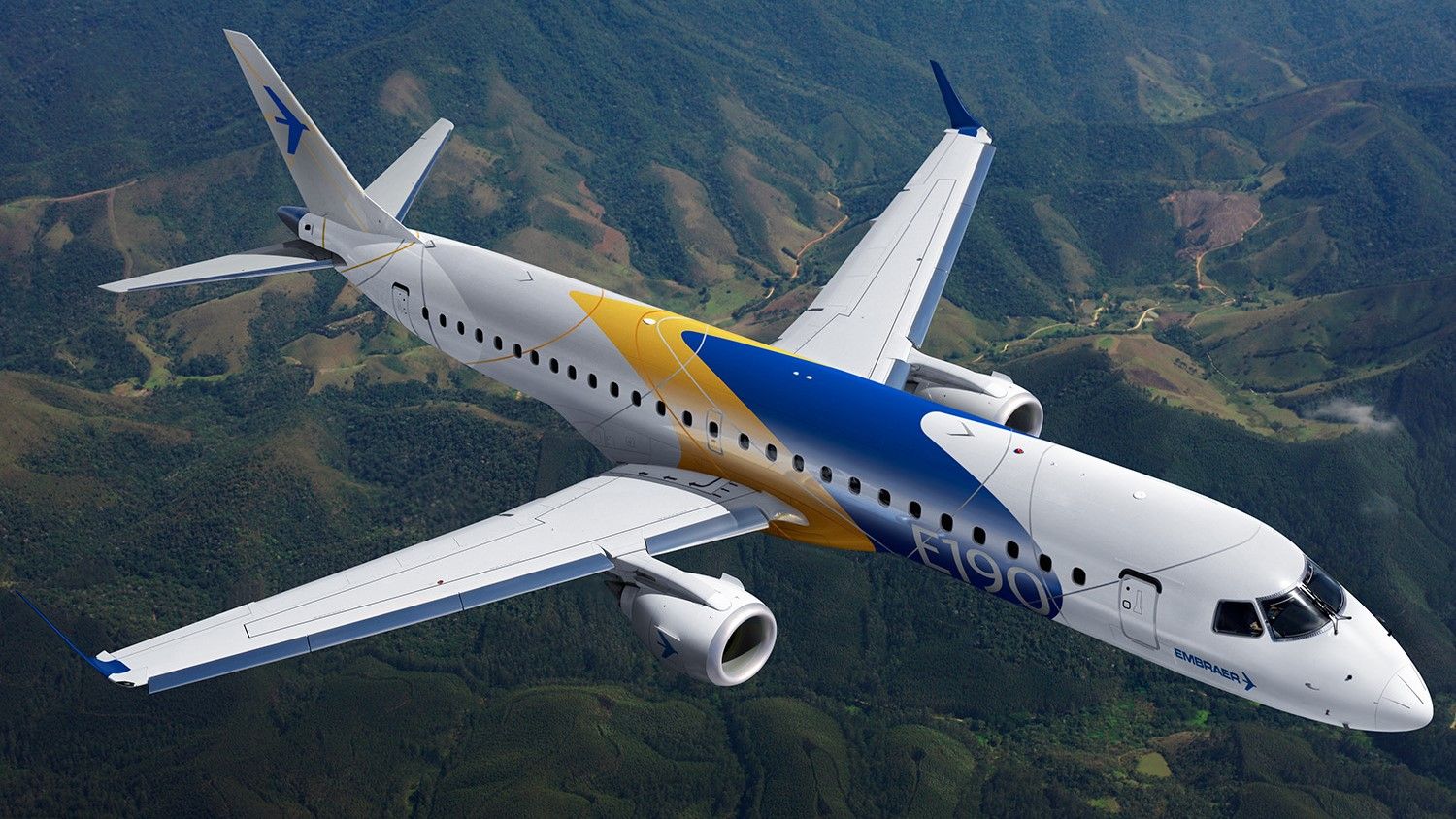In a significant development for international commerce and the aviation sector, Brazilian planemaker Embraer has secured a crucial exemption from the substantial 50% import tariffs previously proposed by the United States. This relief comes after weeks of intense warnings about the sweeping economic impact these duties would have on both Brazilian manufacturers and American airlines, marking a temporary reprieve in the ongoing trade policy discussions between the two nations.
The initially proposed tariff schedule, slated for implementation on August 1, 2025, threatened to dramatically increase the acquisition cost of each aircraft by approximately $9 million USD. Such exorbitant fees would have led to an estimated loss of $3.6 billion USD for Embraer by 2030, as reported by The Rio Times. The prospect of diminished sales to US carriers raised concerns about potential widespread layoffs and production cuts within the Brazilian economy, reminiscent of the severe disruptions experienced during the peak of the COVID-19 pandemic’s impact on air travel.
While Embraer celebrates this specific exemption, the Presidential Administration has not entirely abandoned its efforts to levy broad import tariffs against other Brazilian commodities, including essential goods like oil and coffee. This broader trade strategy suggests that American consumers may still face significant price increases on a range of imported products in the near future. The potential for elevated fuel costs, particularly for aviation fuel which the US imports from Brazil, could further complicate the operational economics for airlines, even those flying Embraer jets.
Major US airlines, many of whom rely exclusively on Embraer aircraft for certain routes, had previously voiced strong opposition to the proposed hikes. Industry stakeholders had indicated plans to collaborate with Embraer to delay aircraft deliveries if the tariff situation remained unresolved. This collective stance underscored the shared motivation across all parties to find a diplomatic resolution to the contentious trade dispute.
The aviation industry stands as a quintessential example of a globally interconnected supply chain, thriving on the intricate exchange of parts, materials, and collaborative assembly processes. This extensive network is fundamental to ensuring that air travel remains safe, affordable, and reliable worldwide. However, this delicate global supply chain is increasingly facing challenges from protectionist measures and escalating import tariffs, threatening its established equilibrium.
Prominent figures have publicly decried the imposition of aerospace trade tariffs. Secretary Sean Duffy, for instance, emphasized the importance of the US government honoring its international agreements, specifically referencing the 1979 duty-free aerospace agreement, as reported by Reuters. Such calls highlight a broader sentiment within the industry against policies that disrupt long-standing international trade frameworks.
Echoing these concerns, Guillaume Faury, CEO of Airbus, has consistently articulated that while aerospace tariffs negatively impact all participants, they disproportionately harm the American aerospace sector. Airbus itself has conveyed a clear message to the US Government, advocating for a return to global duty-free trade for aircraft and their components. Faury expressed a strong belief that “the end game will be these tariffs on civil aerospace goods going back to zero,” reflecting an industry-wide hope for normalized trade relations.






Leave a Reply